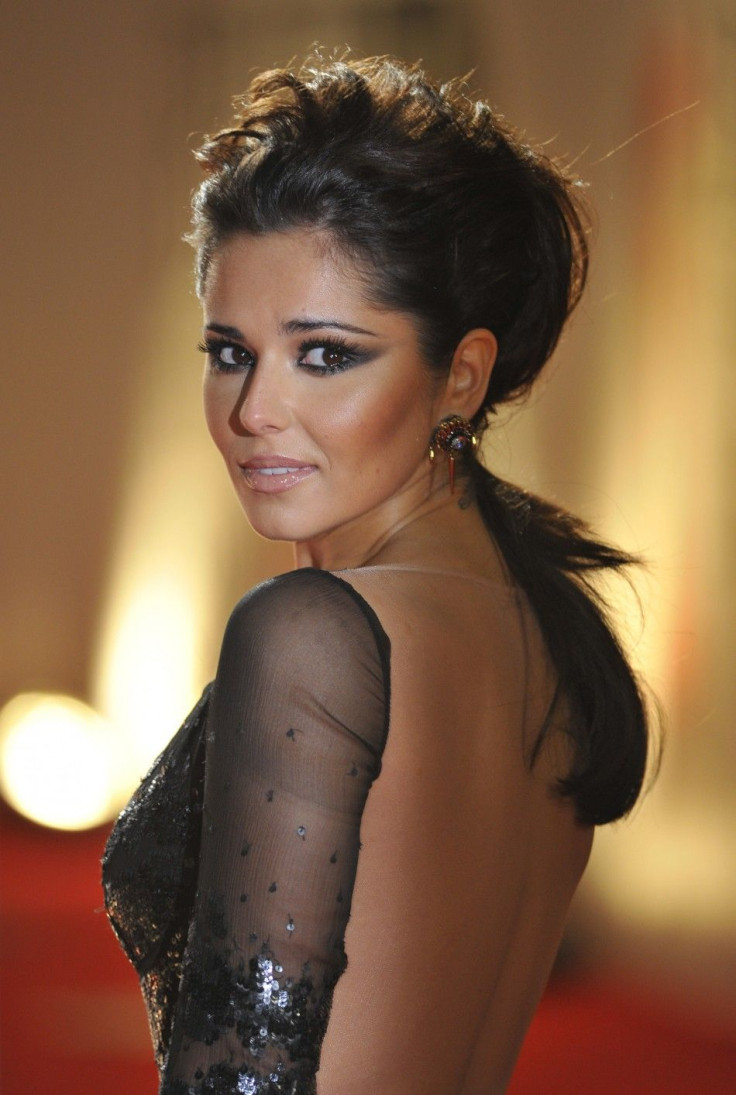Human hair trade soars on celebrity hairdo envy

A growing desire for the glossy, long locks of celebrities is fuelling a multi-million pound (dollar) global trade in human hair, with demand for hair extensions surging in the past year, according to e-commerce website Alibaba.com.
Searches for human hair extensions in Britain jumped 160 percent in the 12 months to the end of June, with salons noting an increase in women seeking to emulate the hair of stars such as former "X Factor" judge Cheryl Cole and Pussycat Dolls singer Nicole Scherzinger.
"There's been a huge upswing in hair. The celebrity culture has made hair extensions more popular, and everyone wants hair from India," said Linda Kozlowski, Head of International Business Development and Marketing, at Alibaba.com
"With an estimated 65 million pounds ($105.9 million) being spent on various types of hair extensions each year, it's no surprise that UK SMEs (small and medium enterprises) in the beauty sector are looking to capitalize on this growing market," she said.
Britain was the third largest buyer of human hair worldwide behind the United States and China in the period, said Alibaba.com,, the only listed unit of China's Alibaba Group.
Over half of the searches were for Brazilian hair, and 29 percent for Indian hair, which has been used for decades in the production of wigs, according to one Indian human hair export website.
"It's really driven by things like Facebook and Twitter, tabloids and magazines. Women are wanting to be more and more glamorous, as a result of this big celebrity culture," said Lucinda Ellery, who has provided hair extensions to a host of celebrities for the past 25 years.
The recession dented some demand, she noted, but this has been offset by a rise in older women seeking more youthful looking hair through the use of hair extensions, she added.
NATURAL GLAMOUR
Hair --or the lack of hair -- is also a big issue for male celebrities. England and Manchester United soccer player Wayne Rooney recently posted a photo of himself for followers on social networking site Twitter after undergoing a hair transplant operation.
The trend of ethically sourced beauty products is also on the rise, said Alibaba.com, which has nearly a million users in Britain, and has noted a massive demand globally for eco-packaging, said Kozlowski.
"We've worked very hard to source ethically harvested real hair. There is a big religious reason in India for people to get rid of their hair, they (have it cut off) and give it to the monks and now it's been given off as an economic resource for the country," added Ellery.
A spokeswomen at Reading-based Bonita Hair, which offers training courses in hair extensions and sells human hair wholesale via its website, said they had noticed an uptick in people attending their courses since the end of last year.
"This year has got a lot busier... we're training a lot of girls because a lot of them have their own salons and they have so many people who ask for extensions and they're sick of saying no," she said.
The rise in popularity of extensions is also pushing up the wholesale price of human hair.
"In the last 10 years, it's tripled, doubled and tripled again," said Ellery, with human hair replacing synthetic hair in terms of popularity, as women seek more natural looking hair.
So natural, that most celebrities are now reluctant to admit their hair enhancements.
"Celebrities are becoming increasingly shy about what they do to keep themselves glamorous," said Ellery. "They're going more quiet about their additives," she added.
© Copyright Thomson Reuters 2024. All rights reserved.





















